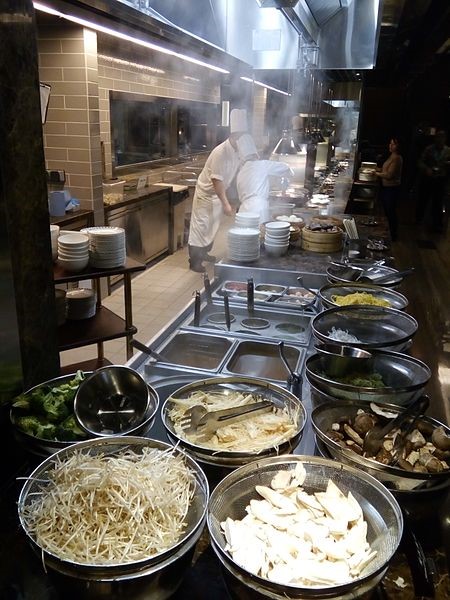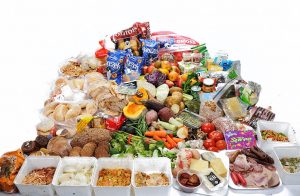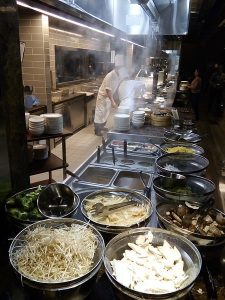Food waste and spoilage in a commercial kitchen means money paid for products never used. Some waste is inevitable, but there are rules you can follow to make sure you keep waste to a minimum and eliminate spoilage altogether. Let’s take a look.
Image Credit
1. Resist the bargains
If your regular fresh veg supplier offers you a great deal on lettuce, only buy what you usually do. Don’t buy more because it’s cheaper. It sounds obvious, but many optimistic kitchen chefs assume they’ll find a way to pass it on, offering a new salad or adding more to the plate. Simply put, most don’t.
2. Inspect all food orders
Preferably while the supplier is still there, inspect your delivery for signs of decay. Remove all spoiled and turning foodstuffs and tell the supplier how much of the consignment was unusable. Some suppliers can be stubborn on this front, but you need to be firm on this point. They should be doing the same at their point of purchase too.
3. Label everything
If you’re taking a frozen delivery, make sure everything is dated and labeled before going into cold storage. You should keep a shelf list too, so it’s easy to see what you still have, where it is and when it needs to be used by.
4. Investing in good cooking tech
Sadly, sometimes food waste occurs at the preparation and cooking stage. Uneven or unreliable heat can mean money down the drain. This is why many small to medium pro kitchens use the Lincat LMR9 medium duty 6 burner gas range oven. You don’t have time to second guess, so check out suppliers such as https://www.247cateringsupplies.co.uk/catering-appliances/commercial-ovens-and-ranges/combination-ovens for the latest deals.
5. Don’t call it ‘Soup of the Day’
By now, most customers know Soup of the Day means yesterday’s leftovers, but that shouldn’t stop you serving repurposed food if it’s still good. Pre-cooked food often makes the best soups and who doesn’t love getting higher cost ingredients for a fraction of the price? If you’re struggling for ideas, check this list out – https://www.foodnetwork.ca/comfort-food/photos/31-best-soup-recipes/#!French-Onion-Mac-and-Cheese-Soup.
6. Go green
And finally, if you have garden space, do consider composting. Guests love to see scraps going out in the colander. Don’t forget to footnote this action on your menu for double the green points!



